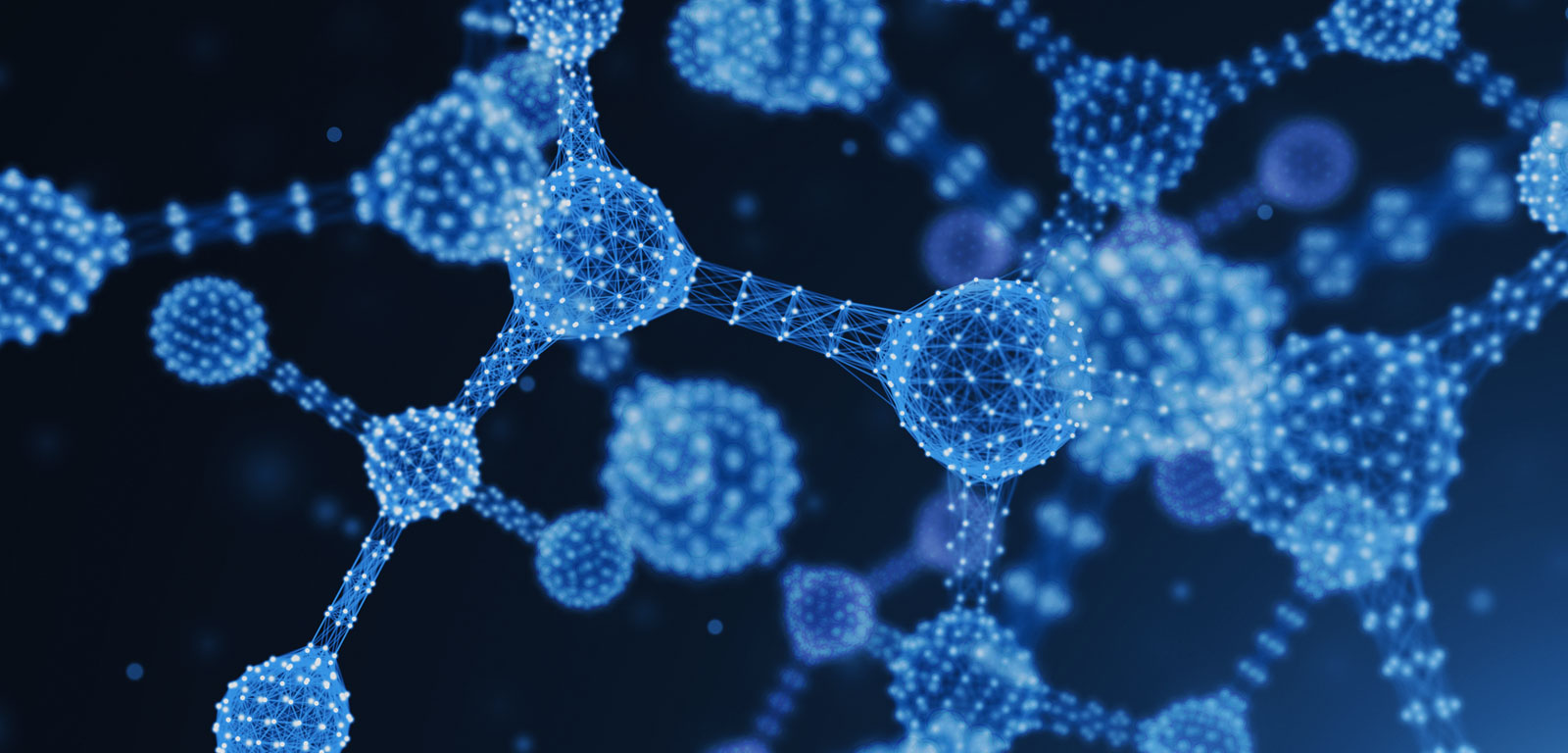Syllabus
Study load toggle-navigation
Programme toggle-navigation
Compulsory subjects
| Subject | Languages | ECTS Credits | Specialities / Syllabus | Teaching Base | Mode |
|---|---|---|---|---|---|
| Advanced Methods in Electronic Structure, Dynamics and Molecular Modelling | English | 12 | -- | Face-to-face degree course | |
| Computational Techniques and numerical Analysis | English | 5 | -- | Universidad de Cantabria
(
Facultad de Ciencias
)
University of the Basque Country
(
SCH. OF CHEMICAL SCIENCES
)
| Face-to-face degree course |
| Mathematical Fundations of Quantum Mechanics | English | 5 | -- | Universidad de Cantabria
(
Facultad de Ciencias
)
| Face-to-face degree course |
| Methods in Theoretical Chemistry I | English | 5 | -- | Universidad de Cantabria
(
Facultad de Ciencias
)
| Face-to-face degree course |
| Methods in Theoretical Chemistry II | English | 5 | -- | Universidad de Cantabria
(
Facultad de Ciencias
)
| Face-to-face degree course |
| Scientific and Linguistic Competence | English | 5 | -- | Universidad de Cantabria
(
Facultad de Ciencias
)
| Face-to-face degree course |
| Statistical Mechanics and simulation applications | English | 5 | -- | Universidad de Cantabria
(
Facultad de Ciencias
)
| Face-to-face degree course |
| Symmetry in atoms, molecules and solids | English | 5 | -- | Universidad de Cantabria
(
Facultad de Ciencias
)
| Face-to-face degree course |
Optional subjects
| Subject | Languages | ECTS Credits | Specialities / Syllabus | Teaching Base | Mode |
|---|---|---|---|---|---|
| Advanced Computational Techniques | English | 6 | -- | Face-to-face degree course | |
| Computational Biochemistry | English | 5 | -- | Face-to-face degree course | |
| Computational Chemistry Programming Project | English | 6 | -- | Virtual | |
| Deepening the Theoretical Chemistry Methods | English | 5 | -- | Universidad de Cantabria
(
Facultad de Ciencias
)
| Face-to-face degree course |
| Dynamics of Chemical Reactions | English | 5 | -- | Face-to-face degree course | |
| Excited states | English | 5 | -- | Face-to-face degree course | |
| From Theory to Implementation: Tutorials in Theoretical Chemistry | English | 6 | -- | Face-to-face degree course | |
| Laboratory in Applied Theoretical Chemistry | English | 5 | -- | Universidad de Cantabria
(
Facultad de Ciencias
)
| Face-to-face degree course |
| Linux and Linux system managing | English | 5 | -- | Universidad de Cantabria
(
Facultad de Ciencias
)
University of the Basque Country
(
SCH. OF CHEMICAL SCIENCES
)
| Face-to-face degree course |
| Modelling Electronic Structure | English | 6 | -- | Face-to-face degree course | |
| Multiscale Modelling of Complex Molecular Systems | English | 6 | -- | Face-to-face degree course | |
| Multiscale, Machine Learning and QSAR Methods Applied to Biomolecules | English | 6 | -- | Face-to-face degree course | |
| Solids | English | 5 | -- | Face-to-face degree course | |
| Surface and Interface Chemistry: Experiment and Modelling | English | 6 | -- | Face-to-face degree course | |
| Theoretical Methods for Simulation of Materials | English | 6 | -- | Face-to-face degree course |
Final Master's dissertation
| Subject | Languages | ECTS Credits | Specialities / Syllabus | Teaching Base | Mode |
|---|---|---|---|---|---|
| Master Thesis | 30 | -- |
Methodology
The TCCM European Master is spread over two years and corresponds to 120 ECTS credits. - The first year (M1) will be taken at the student's home Institution, and will be devoted to providing the student with a background in Theoretical Chemistry and Computational Modelling as well as in advanced aspects within the different areas of Chemistry. In the first year the student must attend courses and pass related exams for 60 ECTS credits. These courses will provide the student with the background necessary to follow the second year of the Master, which has a marked International research character. - The second year (M2), mostly international, is devoted to courses and research activity in advanced aspects of Theoretical Chemistry and Computational Modelling as well as in their applications to the most important fields of modern Chemistry, Material Science and Biology. For this purpose all students will take, compulsorily, a four-week Intensive Course that will be followed by 10 weeks of tutorial work in the home Institution up to complete 30 ECTS credits. The second part of M2 will be devoted to an introduction to research, equivalent to 30 ECTS credits. Part of this research activity has to be carried out abroad, in a host Institution of the Consortium of a country different from that of the home Institution. For this purpose, each student will undertake a research project, under the supervision of a local Tutor, and in close collaboration with his tutor at the host Institution. The Master will end with the defence of a Master Thesis.Assessment
A Master Thesis illustrating the research project has to be produced and defended at the end of the Master at the home university. At least one member of the jury comes from a foreign country and at least 30% of the presentation is given in a second European language. The defence is also undertaken in two different languages.- Number of credits ECTS : 30
- Master's Final Project teachers


